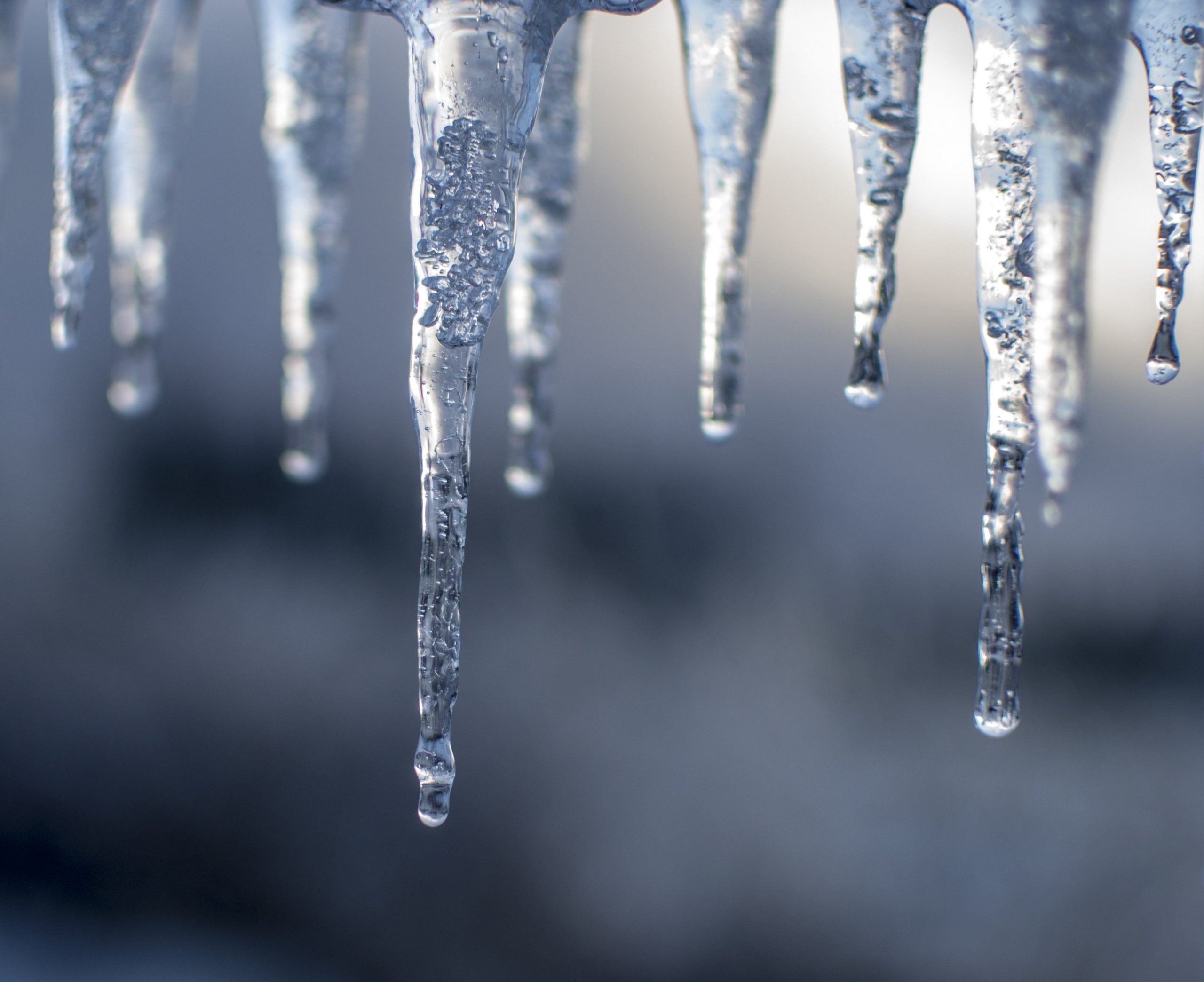Sergiy Slipchenko | Contributor
Featured Image: Increasing temperatures are causing lakes and rivers to not properly freeze over, resulting in ecological harm and preventing their use for infrastructure, recreation and other activities. | Courtesy of Pixabay
The end of the last decade can be defined by the growing concern over global warming. Record breaking summer temperatures and melting glaciers are becoming a frightening norm. The impact that melting ice has on oceans is well-known and often discussed, yet not much thought is given to lakes and rivers.
A York study outlines the adverse effects that ice loss in rivers and lakes has on populations, from cultural practices and infrastructure to recreational activities. York Professor Sapna Sharma worked on the study and gave her insight on the issue.
“There has been a lot of effort and coverage in the media about marine systems, much more than freshwater systems,” says Professor Sharma.
“We rely on freshwater for survival. This problem is huge.”
The study shows the varied, negative effects it has on human populations. Indigenous communities in northern Ontario and Manitoba depend on a network of ice roads. The warming weather has reduced the quality and shortened the duration of the roads, making life much more difficult for these communities.
Cultural practices all over the world are being disrupted due to the loss of ice. A centuries-old procession in which German Catholic priests carried a cross to Switzerland over Lake Constance was last performed in 1963. The lake has not frozen since, making the ritual impossible. This sort of hampering of proceedings is seen worldwide from North America to Japan.
This issue extends to recreational activities such as ice skating and ice fishing. These types of activities are integral to some communities, who hold winter festivals and competitions. Many lakes and rivers have either stopped freezing or the ice is too thin to be deemed safe.
Professor Sharma mentions the fact that it also has harmful ecological effects.
“Ice maintains our water levels so that we have sufficient water quantities,” says Sharma.
Ice also acts as a reset button on our lakes. When there is no ice there is more prevalence of algal bloom, some of which might be toxic, and that affects our water qualities. Ice is not only important culturally, but it’s also important ecologically.”
Professor Sharma has been studying this subject for over a decade and hopes this research can grab the attention of the scientific community and the general public.


